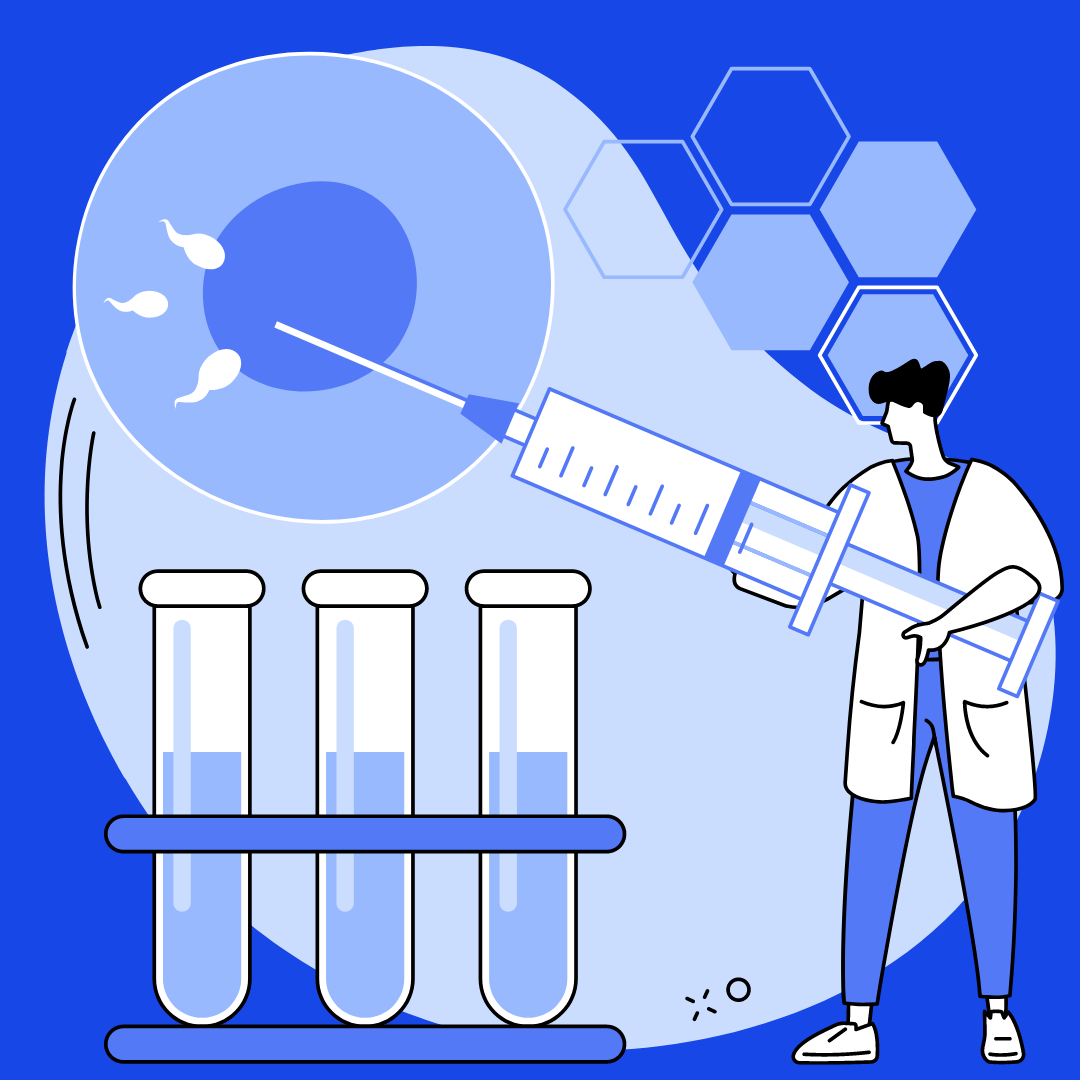Children from Gamete-like Cells: Dishing up a Eugenic Future
By Stuart Newman and Tina Stevens,
Independent Science News
| 06. 19. 2023
Research on the manufacture of egg-like and sperm-like cells for the purpose of producing laboratory-crafted human children is proceeding rapidly. The objective is to turn ordinary body cells of prospective parents into artificial eggs and sperm. Though ostensibly developed to facilitate reproduction in individuals for whom this capability is impaired or unavailable, the use of laboratory produced eggs and sperm represent an opening for the routine production and commercialization of “designer babies.” These are individuals whose hereditary components are technologically modified to meet one or more specified objectives.
Researchers refer to creating eggs and sperm (gametes) in the laboratory as in vitro gametogenesis or IVG. The experimental process begins with “somatic” or body cells, e.g., from adult blood or skin. These cells are not those that evolved to produce gametes during embryonic development. The somatic cells are modified with extra DNA or RNA, or by exposing them to proteins or drugs, which has the effect of turning some of them into induced pluripotent stem cells (iPSCs). The iPSCs are next exposed to other biomolecules or drugs, to convert them into...
Related Articles
By Diaa Hadid and Shweta Desai, NPR | 01.29.2026
MUMBRA, India — The afternoon sun shines on the woman in a commuter-town café, highlighting her almond-shaped eyes and pale skin, a look often sought after by couples who need an egg to have a baby.
"I have good eggs,"...
By Steve Rose, The Guardian | 01.28.2026
Ed Zitron, EZPR.com; Experience Summit stage;
Web Summit 2024 via Wikipedia Commons licensed under CC by 2.0
If some time in an entirely possible future they come to make a movie about “how the AI bubble burst”, Ed Zitron will...
By Arthur Lazarus, MedPage Today | 01.23.2026
A growing body of contemporary research and reporting exposes how old ideas can find new life when repurposed within modern systems of medicine, technology, and public policy. Over the last decade, several trends have converged:
- The rise of polygenic scoring...
By Daphne O. Martschenko and Julia E. H. Brown, Hastings Bioethics Forum | 01.14.2026
There is growing concern that falling fertility rates will lead to economic and demographic catastrophe. The social and political movement known as pronatalism looks to combat depopulation by encouraging people to have as many children as possible. But not just...




